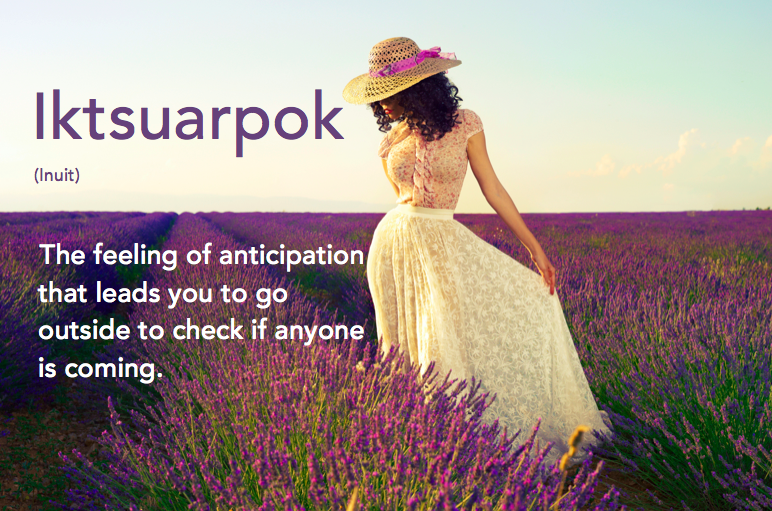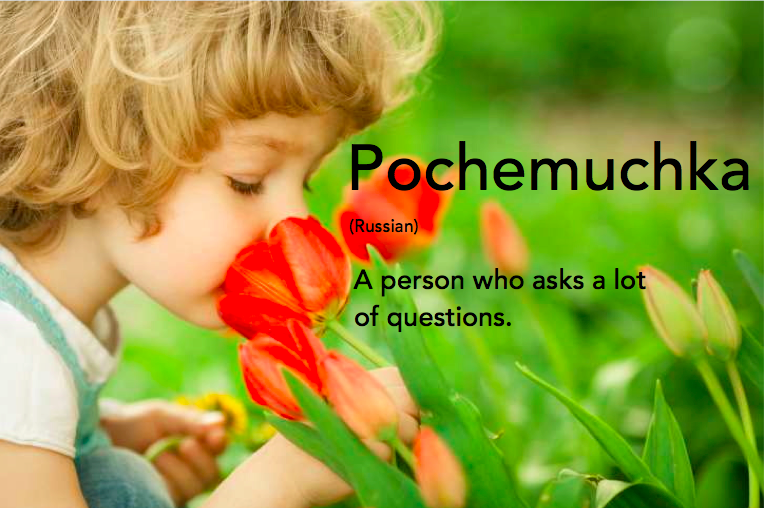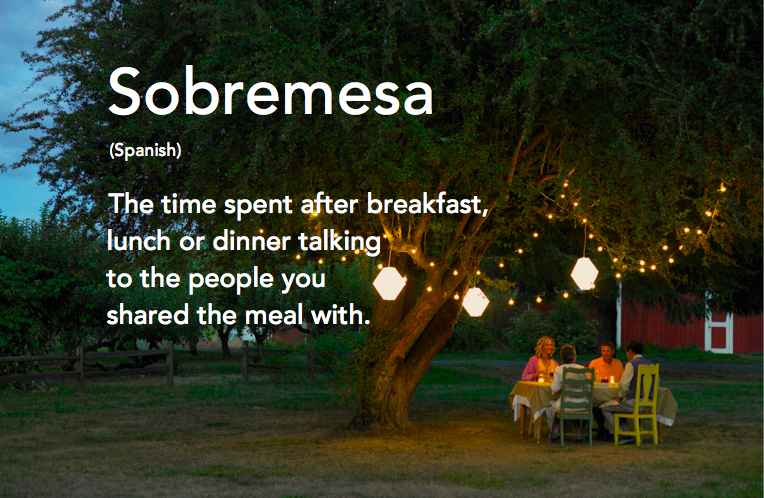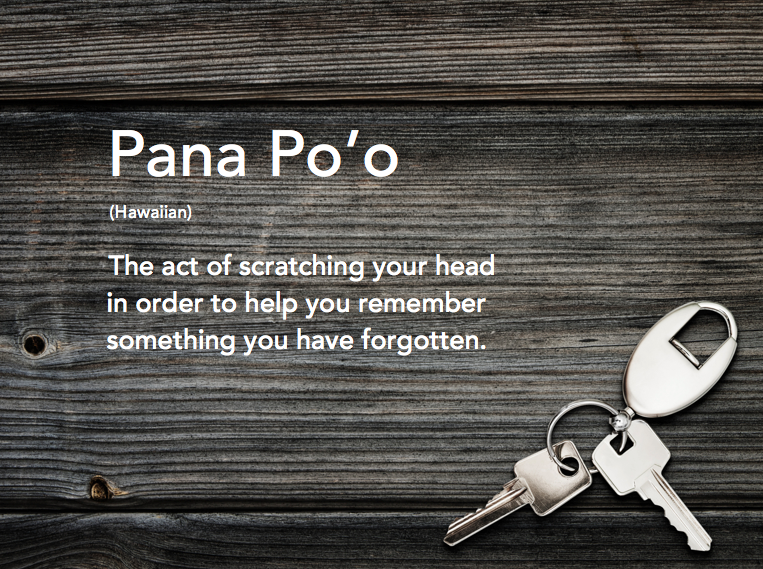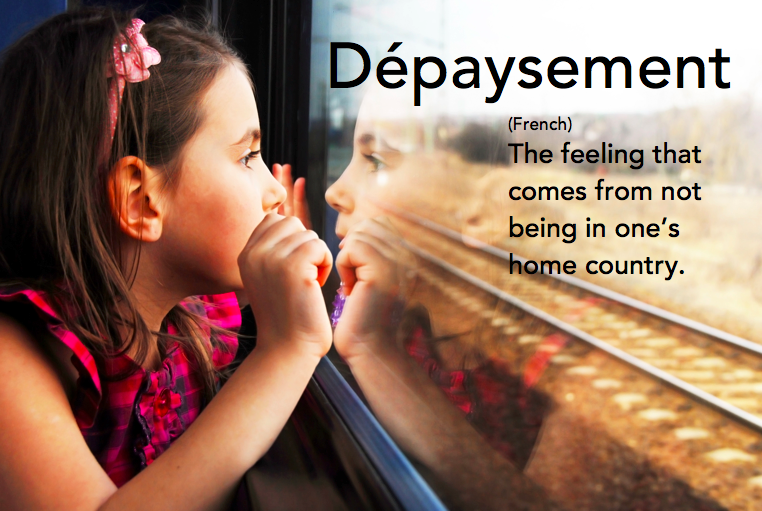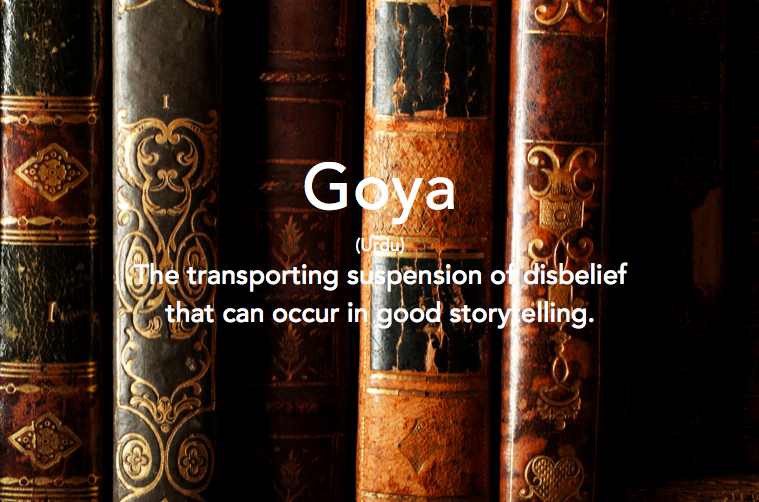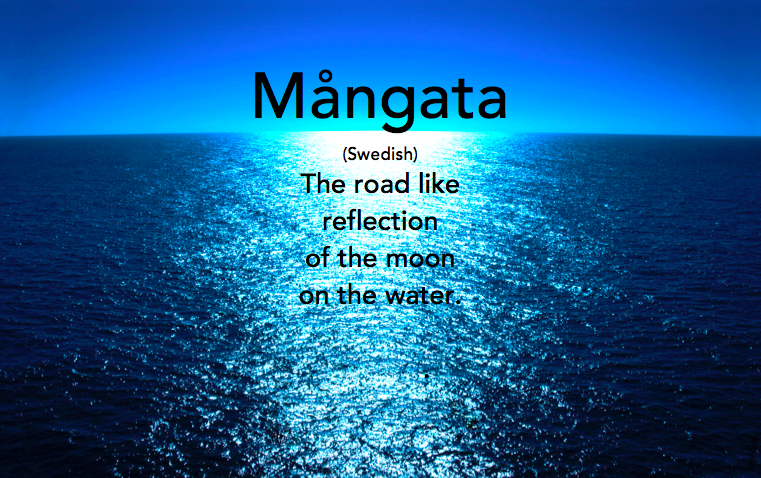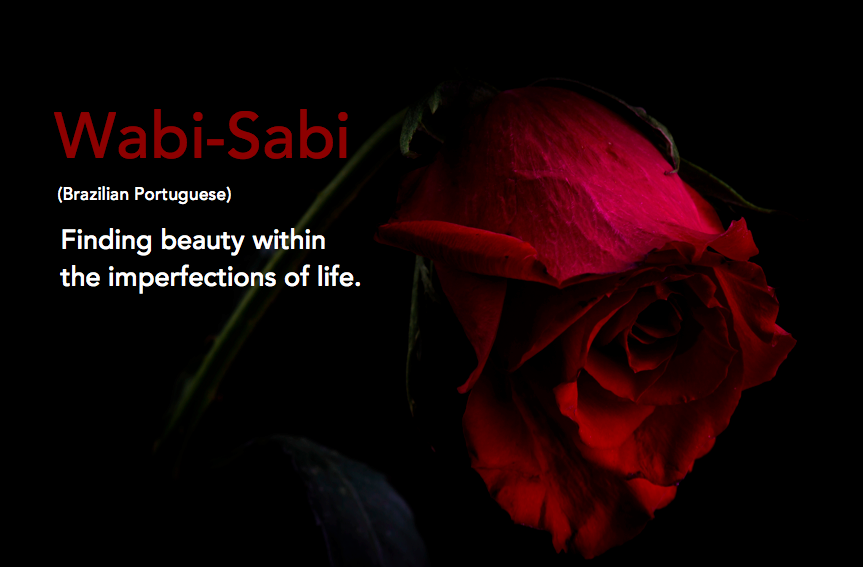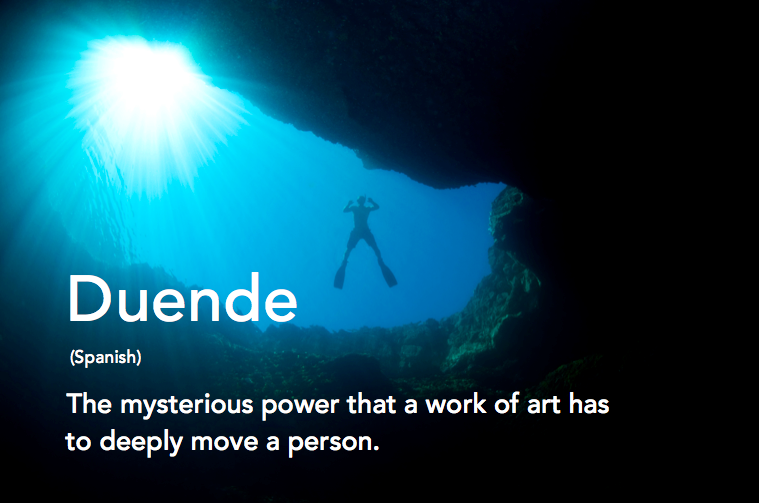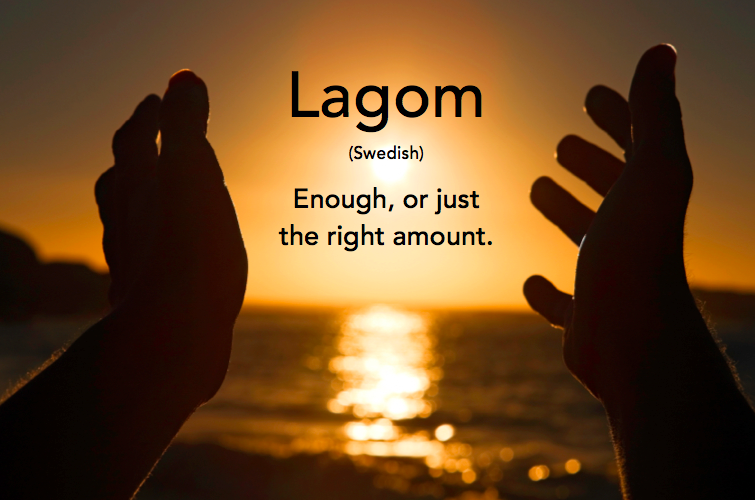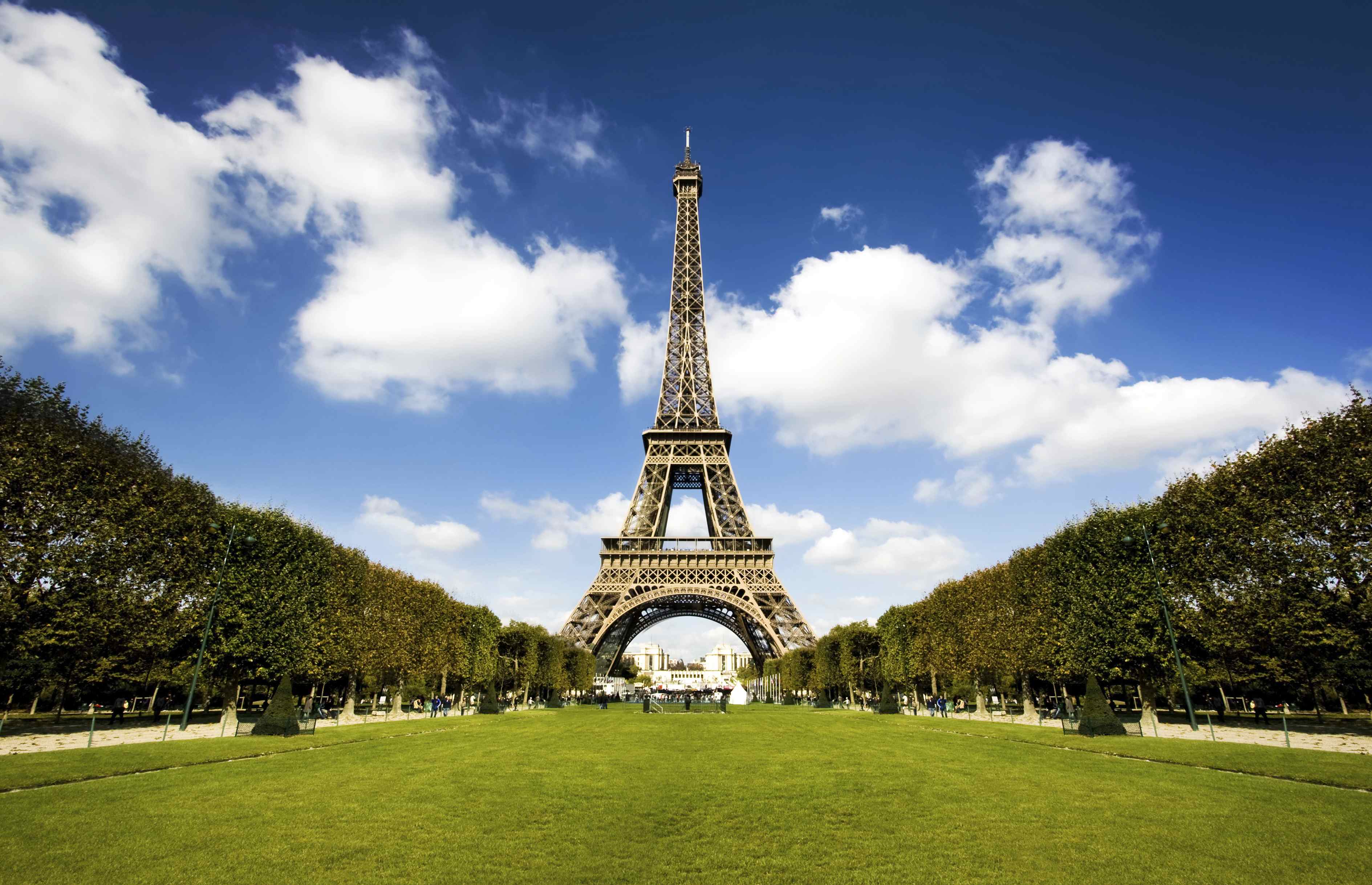
19 May 14 Untranslatable Words from Cultures Around the World
No matter how many language classes you’ve taken, there’s one thing you can’t be taught unless you immerse yourself deep into the heart of another culture, and that is the true essence of a word or phrase in its native language.
Translation is technical, and can only take you so far. Having a real understanding of the words you use, and the deep-rooted history of their meaning, is what makes the difference between speaking from the mind, and speaking from the heart.
And so we’ve highlighted 14 wonderful, untranslatable, and slightly elusive words from around the world below. We hope you enjoy the trip!
1. German: Waldeinsamkeit
A feeling of solitude, being alone in the woods, and a connectedness to nature. Ralph Waldo Emerson even wrote a whole poem about it.
2. Italian: Culaccino
The mark left on a table by a cold glass. Only Europeans could make condensation sound so poetic.
3. Inuit: Iktsuarpok
The feeling of anticipation that leads you to go outside and check if anyone is coming, and probably also indicates an element of impatience.
4. Japanese: Komorebi
This is the word the Japanese have for when sunlight filters through the trees – the interplay between the light and the leaves.
5. Russian: Pochemuchka
Someone who asks a lot of questions. In fact, probably too many questions. We all know a few of these.
6. Spanish: Sobremesa
Spaniards tend to be a sociable bunch, and this word describes the period of time after a meal when you have food-induced conversations with the people you have shared the meal with.
7. Hawaiian: Pana Poʻo
You know when you forget where you’ve put the keys, and you scratch your head because it somehow seems to help your remember? This is the word for it.
8. French: Dépaysement
The feeling that comes from not being in one’s home country – of being a foreigner, or an immigrant, of being somewhat displaced from your origin.
9. Urdu: Goya
Urdu is the national language of Pakistan, but is also an official language in 5 of the Indian states. This particular Urdu word conveys a contemplative ‘as-if’ that nonetheless feels like reality, and describes the suspension of disbelief that can occur, often through good storytelling.
10. Swedish: Mångata
The word for the glimmering, roadlike reflection that the moon creates on water.
11. Cafuné
Brazilian Portuguese – “The act of tenderly running one’s fingers through someone’s hair.”
12. Wabi-Sabi
Japanese – Much has been written on this Japanese concept, but in a sentence, one might be able to understand it as “a way of living that focuses on finding beauty within the imperfections of life and accepting peacefully the natural cycle of growth and decay.”
13. Duende
Spanish – While originally used to describe a mythical, spritelike entity that possesses humans and creates the feeling of awe of one’s surroundings in nature, its meaning has transitioned into referring to “the mysterious power that a work of art has to deeply move a person.” There’s actually a nightclub in the town of La Linea de la Concepcion, where I teach, named after this word.
14. Lagom
Swedish – [la-gum] While it translates into English as “enough” or “just the right amount,” lagom refers to more than just amounts.
Author Alan Atkisson sees this word as a concept around which Swedish society is organized – one that could help combat the American consumer frenzy.



